Afraid to go into business because... it's complicated
Business households are one of the important production and business entities of the economy . According to incomplete data, the whole Lam Dong province has 135,000 individual business households. Of which, the old Dak Nong area has 25,000 households, the old Lam Dong has 84,000 households and the old Binh Thuan has 26,000 households.
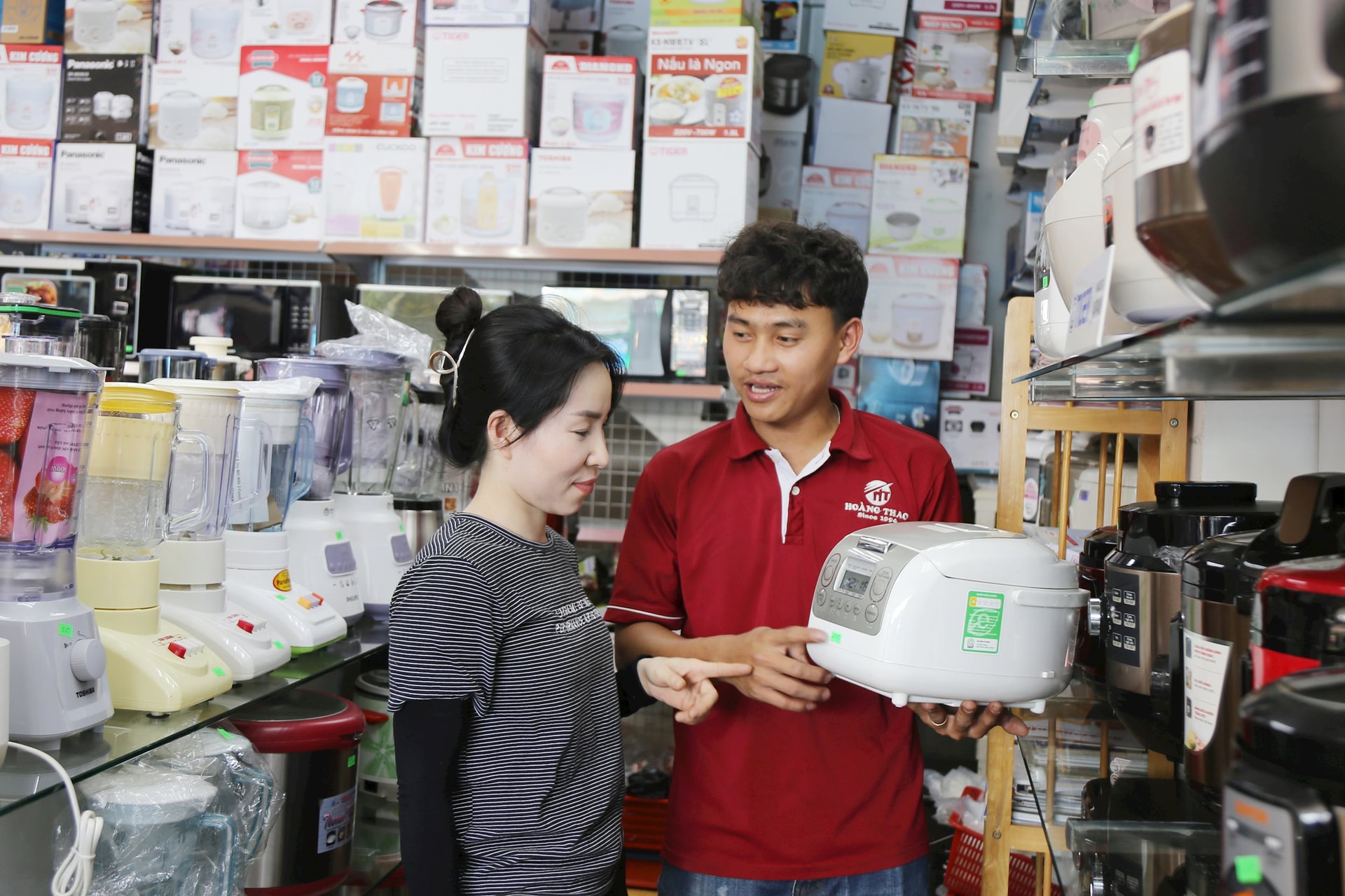
Resolution 68-NQ/TW of the Politburo on private economic development (Resolution 68) sets a target of 2 million enterprises operating in the economy by 2030. There are 20 enterprises operating per thousand people. There are at least 20 large enterprises participating in the global value chain.
Lam Dong province aims to have 25,000 enterprises by 2025 and over 35,000 enterprises by 2030. Of these, over 10% of the total number of enterprises will develop strongly and have potential. Enterprises are competitive in the domestic and international markets.

The current business development process is identified to have 3 basic sources, including: completely new start-up businesses, existing businesses growing to a larger scale, and converting business households into enterprises.
In fact, the success rate of new startups is not high, so we do not expect much in terms of contributing to the growth of the quantity. The number of existing businesses developing new companies, although it is considered to improve the quality, is not expected to increase rapidly in quantity.
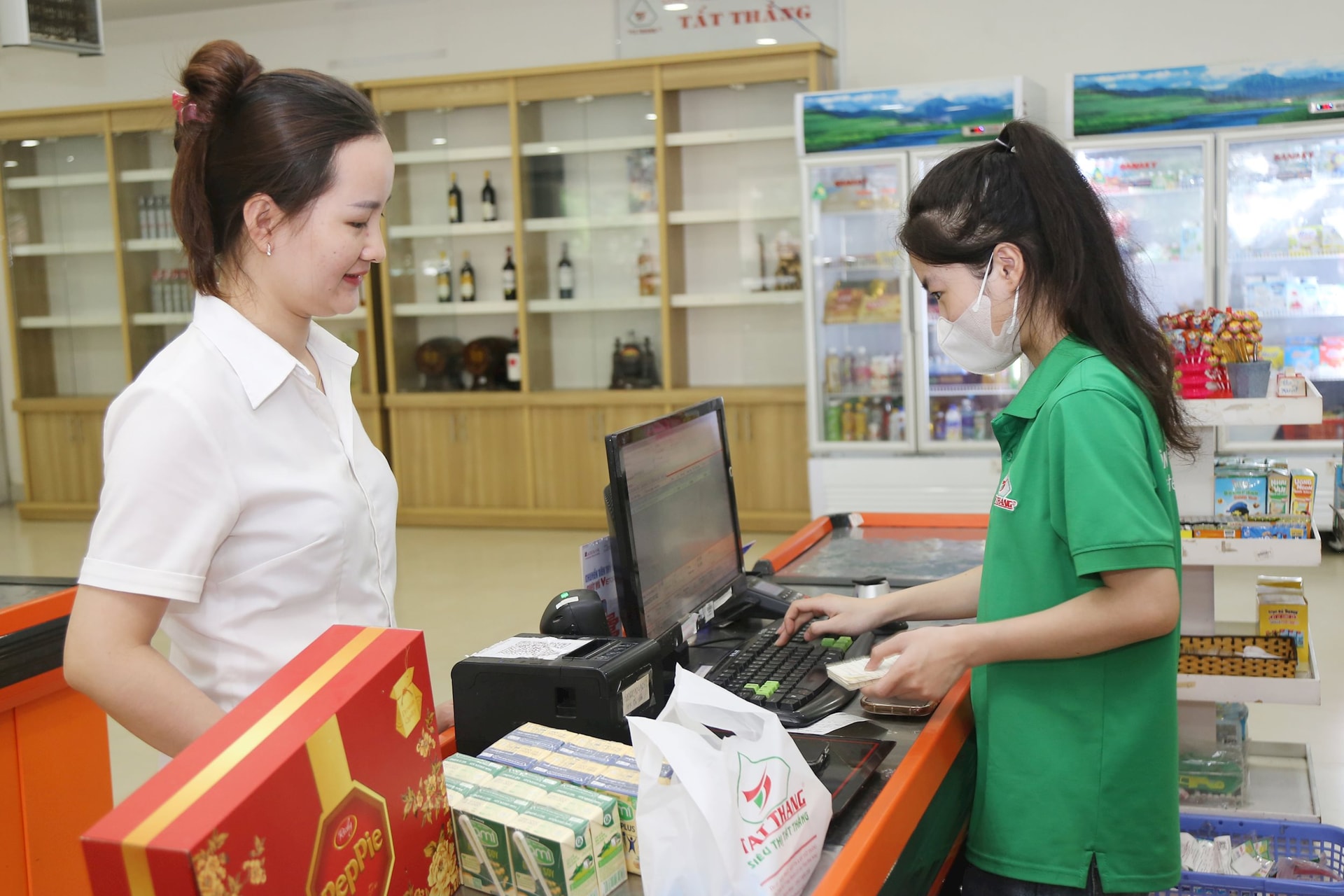
Converting business households into enterprises is a solution that can increase the number of enterprises in both quantity and quality. For example, in the old Dak Nong province, out of a total of 25,000 individual business households currently operating, about 10,000 households are subject to tax management. Each year, this group contributes significantly to the local budget.
Of these, over 20% of household businesses can develop into enterprises. These are households that employ over 10 workers and have a revenue of 50 million VND/month or more. Despite the potential, the number of enterprises converted from household businesses in recent years is not much.

Le Thuan electronics store in Kien Duc commune has been in operation for many years and its business is quite stable. However, when asked about the orientation of converting to a business, the store owner's representative was not interested.
The reasons given by the establishment are many, but first of all, it is because of the small scale of operation, mainly relying on family labor. “If we try to become a business, we will be caught up in many mandatory requirements such as accounting books, organizational models, etc. Management methods and tax rates will be much more complicated,” said Mr. Le Van Thuan, the store owner.

One of the establishments with large revenue, but Phuong Hoa grocery store, Bac Gia Nghia ward is not interested in converting to a business. According to Ms. Nguyen Thi Phuong, the store owner, currently, the establishment is still subject to lump-sum tax and has invoices.
“We are a family business model. If we become an enterprise, we have to hire an accountant to keep books, stamps, declare many related taxes… In general, it is very complicated,” said Ms. Phuong.
Need more push
In fact, in addition to the above reasons, the lack of management skills is a challenge for the development of the individual business sector. Because, the majority of individual businesses today do not have accounting skills.

A representative of the Tax Department of Region XIV in charge of the old Dak Nong area said that among the thousands of individual households that the unit manages, about 70% of cases do not have records or accounting records, even simple records.
Not to mention, the current tax policy and handling of tax violations are much more beneficial to business households than enterprises. This is also the reason why many business households with large revenues still do not want to convert to enterprises. In order for business households to break the mentality and develop into enterprises, they need "support" from many sides.
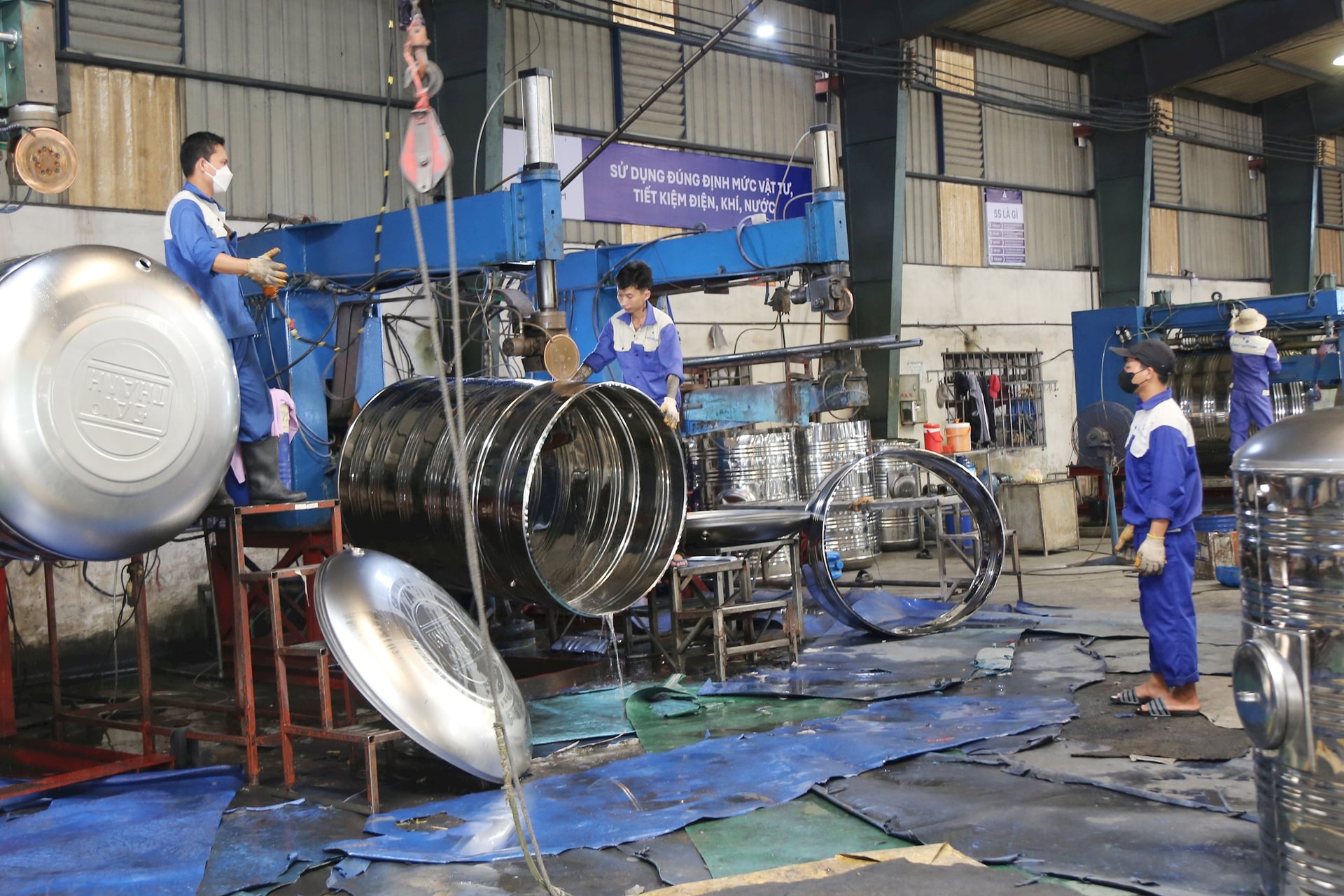
According to representatives of many businesses in Lam Dong province, if each person can establish a business, the number of businesses will increase very quickly. The problem here is the quality of business operations.
Business development today should not be based on quantity, but must have a truly healthy environment, creating conditions for businesses to develop in depth.

On the part of the Provincial People's Committee, relevant departments and branches continue to improve the investment and business environment, especially in the field of administrative reform. It is necessary to create a fair playing field in business, so that business households when converting to enterprises can compete equally with larger-scale units.
Strong reform of administrative procedures needs to be promoted. Because micro-enterprises are especially sensitive to increased costs of administrative procedures. When these costs increase, it will hinder the need and desire of business households to become enterprises.

Authorities need to continue reviewing and researching to reform legal regulations related to accounting and tax so that business households feel comfortable in the process of complying with procedures. From here, business households will boldly transform into enterprises.
According to Lam Dong Department of Finance, the unit will coordinate with relevant agencies to review the number of business households that are qualified to develop into enterprises. The Department of Finance focuses on propaganda and support for households with specific solutions such as: assigning staff to guide business households on procedures and documents to convert into enterprises, consulting on business orientation, legal support, etc.
The private economic sector nationwide currently has about more than 5 million business households and more than 940,000 enterprises. Business households have increased steadily over the years because this model is applying a simple lump-sum tax regime and loose management of accounting documents. Resolution 68 encourages the conversion of business households to enterprise operating models, eliminating the lump-sum tax form for business households by 2026 at the latest .
Source: https://baolamdong.vn/vi-sao-135-000-ho-kinh-doanh-lam-dong-ngai-len-doanh-nghiep-380903.html











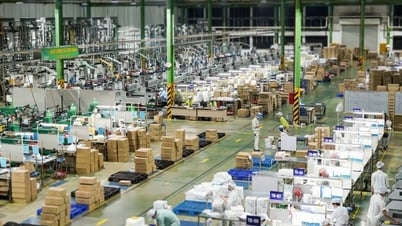

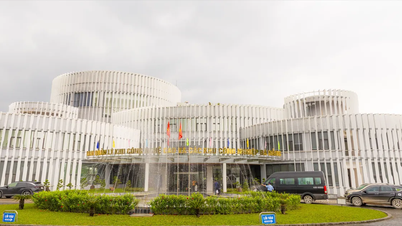

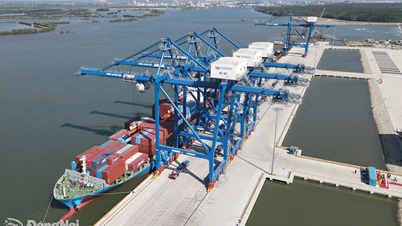









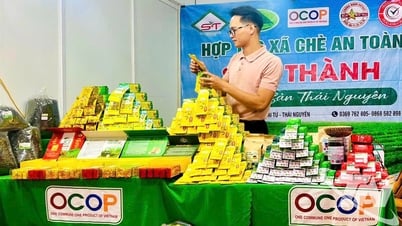



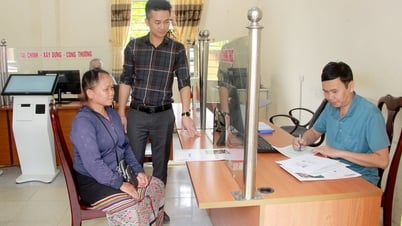









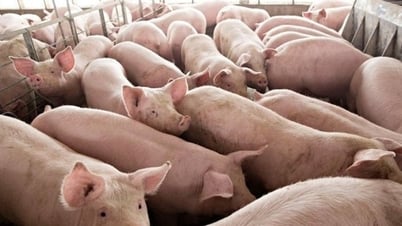


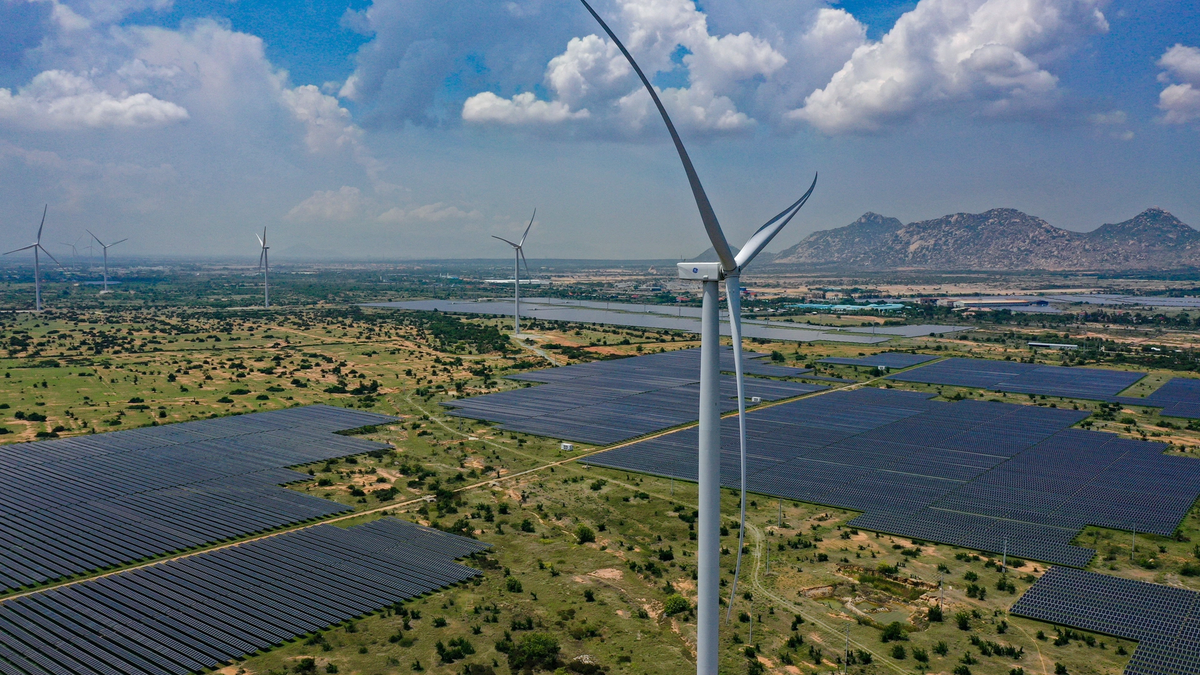








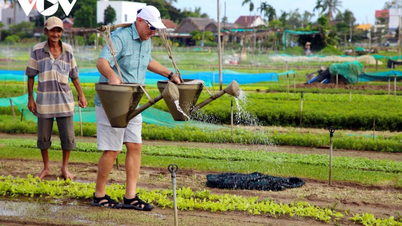

















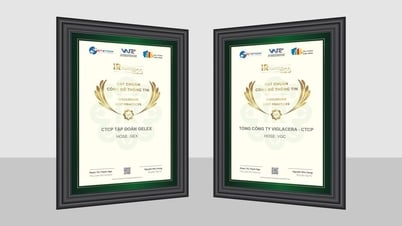









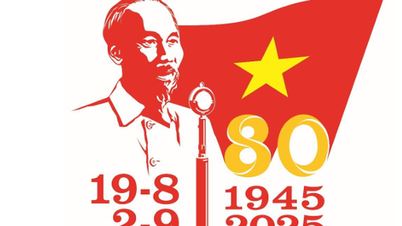







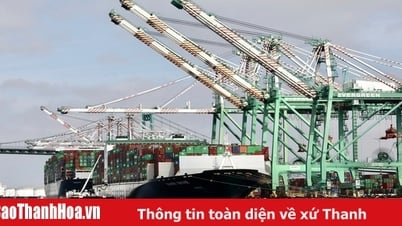

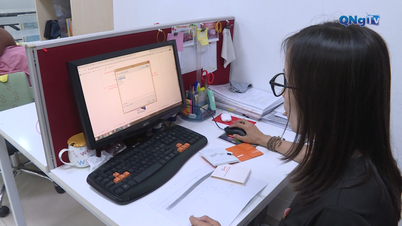



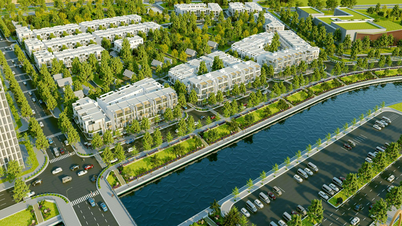
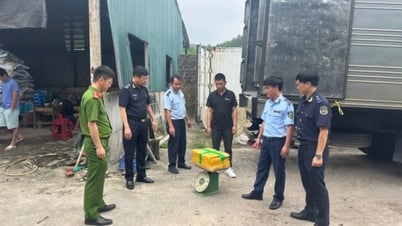

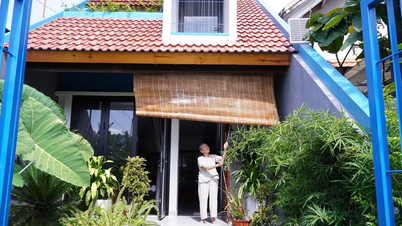




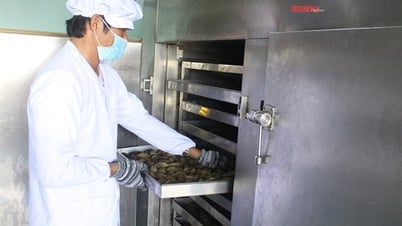

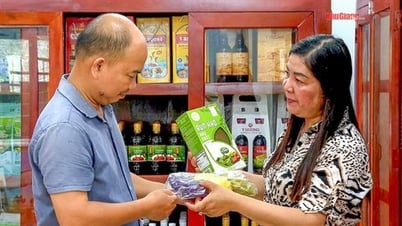







Comment (0)